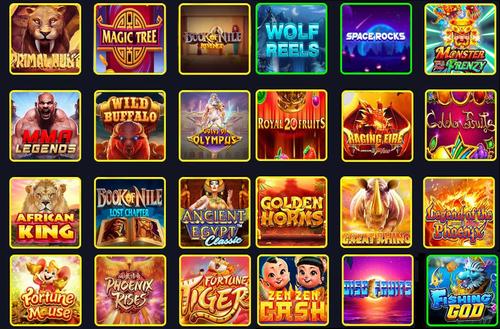
# Understanding "I'm Feeling Lucky" in Google Search
## Introduction
The "I'm Feeling Lucky" button has been a staple feature of Google Search since its inception in 1997. It represents a unique approach to online searching that many users may not fully understand. This article delves into what the "I'm Feeling Lucky" button does, its history, and its relevance in today’s digital world.
## 1. What Does "I'm Feeling Lucky" Do?
### 1.1 Direct Navigation
When users click the "I'm Feeling Lucky" button, Google bypasses the search results page and takes them directly to the first website that would rank for their query. This feature is designed to streamline the search process, offering immediate access to content without sifting through multiple results.
### 1.2 Randomized Experiences
Interestingly, if users type in a query that has no clear top result, Google might direct them to a random site from its index. This creates an element of surprise and encourages exploration of lesser-known websites, all while relying on Google's algorithms to surface worthy content.
## 2. The History of "I'm Feeling Lucky"
### 2.1 The Genesis of the Feature
The "I'm Feeling Lucky" button was introduced as a way to simplify the search experience. Founders Larry Page and Sergey Brin believed that users often knew exactly what they were looking for. By installing this feature, they aimed to cut down on extra clicks needed to navigate through search results.
### 2.2 Evolving Over Time
Though initially popular, the feature saw a decline in use as search engines became more sophisticated. With the rise of sponsored links and Search Engine Results Pages (SERPs) presenting a plethora of options, users began to appreciate having more information at their fingertips rather than being sent straight to a single website.
## 3. Modern Relevance of "I'm Feeling Lucky"
### 3.1 User Behavior Shift
As the internet evolved, so did user awareness and expectations regarding search results. Many people prefer reviewing multiple options, which is reflected in the declining relevance of the "I'm Feeling Lucky" button.
### 3.2 Still a Fun Option
Despite its reduced practicality, the button remains a quirky feature. Users can still enjoy the playful aspect of randomly discovering new content, akin to flipping a coin when deciding what to watch or read.
## 4. Comparisons to Other Search Features
### 4.1 Specialized Searches
Google now offers various specialized features, such as featured snippets, knowledge panels, and instant answers, which provide quick access to information without needing the "I'm Feeling Lucky" option.
### 4.2 User-Centric Design
Today's search engines aim to prioritize user experience by curating tailored results based on individual preferences and search histories. This shift promotes discovery while maintaining control over the user's search journey.
## Conclusion
The "I'm Feeling Lucky" feature embodies the philosophical roots of Google's commitment to simplifying online navigation. Though its practical use may have dwindled, the spirit of curiosity it promotes remains relevant. As search engines continue to evolve, features like "I'm Feeling Lucky" remind users to embrace the unpredictability of the internet and the exciting paths it may offer. In a world of algorithms and tailored results, sometimes it's fun to take a chance.
**Word Count: 551 words**